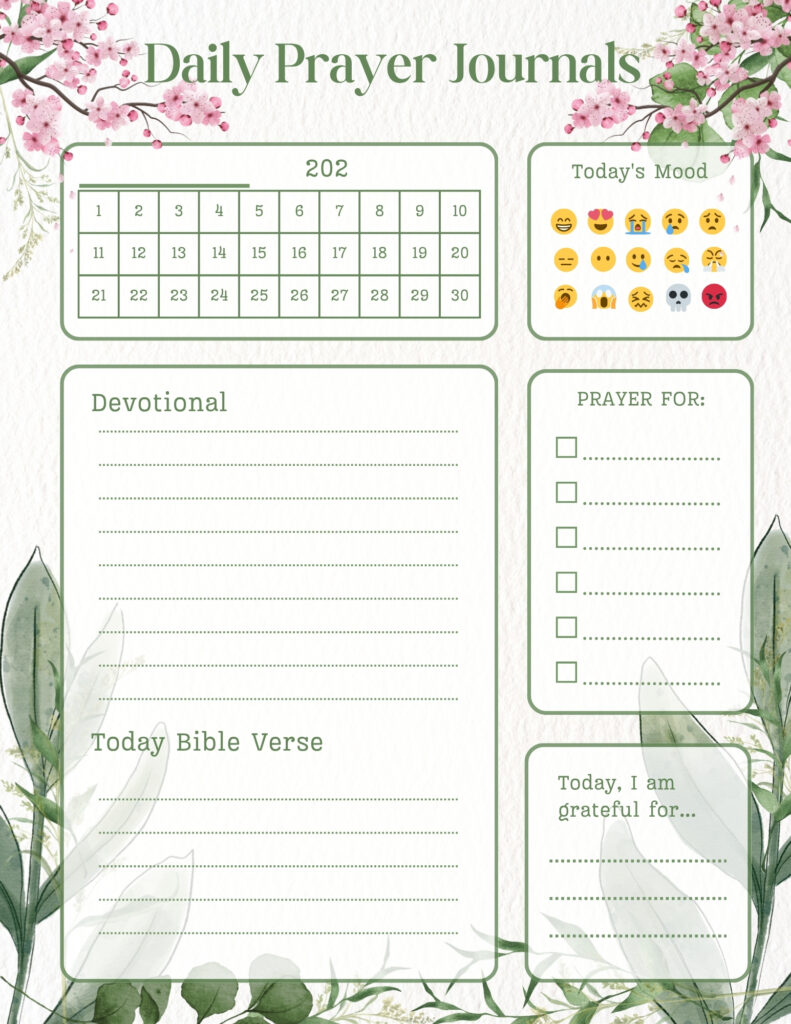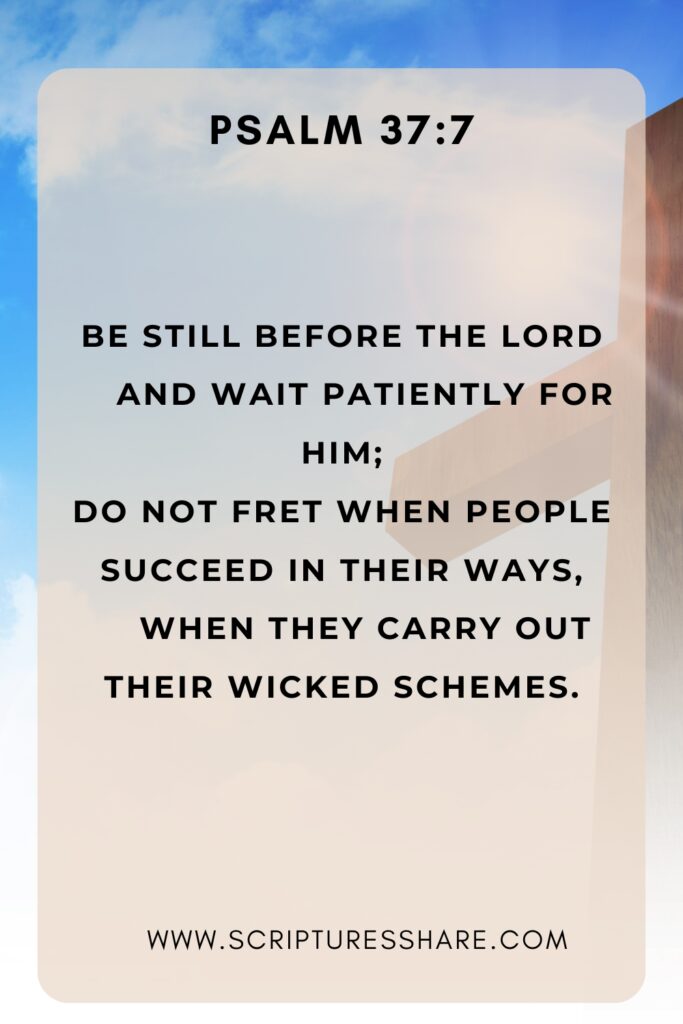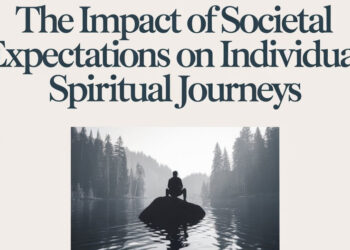No products in the cart.
Exploring Different Scriptures On Trusting The Process
This post contains paid and/or affiliate links. I make a small commission at no extra cost to you. Please see our Privacy Policy.
Looking for scriptures on trusting the process when life feels completely out of control? You’re not alone. Whether you’re searching for Bible verses about trusting God’s timing, or exploring what different faith traditions teach about letting go, this guide breaks down the most powerful scriptures on trusting the process—and how to actually apply them when everything’s falling apart.
Here’s the thing about trusting the process: it sounds great on Instagram quotes, but it’s a completely different game when you’re lying awake at 3 AM wondering how things will work out.
That’s when you need more than platitudes—you need real wisdom from scriptures that have helped people navigate uncertainty for thousands of years.
Let’s dig into what these ancient texts actually say about trusting the process, and why this concept shows up in virtually every major religion on the planet.
The Bible’s Take: Stop Overthinking Everything
Let’s start with probably the most quoted verse about trusting the process. You’ve probably seen it on coffee mugs and Pinterest boards, but there’s a reason Proverbs 3:5-6 hits so hard:
“Trust in the Lord with all your heart and lean not on your own understanding; in all your ways submit to him, and he will make your paths straight.”— Proverbs 3:5-6 (NIV)
Notice it doesn’t say “Trust in the Lord when you have all the answers” or “Trust in the Lord after you’ve figured everything out.” It says don’t lean on your own understanding. That’s hard for us control freaks to swallow.
Key Bible Verses on Trusting God’s Timing
| Scripture | What It’s Really Saying |
|---|---|
| Jeremiah 29:11 “For I know the plans I have for you…” | Even when you can’t see the roadmap, there’s a bigger picture you’re not privy to yet. |
| Psalm 37:7 “Be still before the Lord and wait patiently…” | Your timeline isn’t THE timeline. Breathe. Wait. It’ll make sense eventually. |
| Isaiah 40:31 “But those who hope in the Lord will renew their strength…” | Waiting isn’t passive—it’s how you recharge for what’s coming next. |
| Romans 8:28 “All things work together for good…” | Yes, even that disaster from three years ago. Give it time. |
| Philippians 4:6-7 “Do not be anxious about anything…” | Worry is just prayer’s evil twin. Choose the one that actually helps. |
What Islam Teaches About Surrendering Control
🕌 The Quran on Divine Provision
Surah 65:3 drops this truth bomb: “And He provides for him from sources he could never imagine. And whoever relies upon Allah—then He is sufficient for him.” Translation? Your backup plan has a backup plan that you don’t even know about yet. Allah’s already five steps ahead.
Muslims call this concept Tawakkul—placing your trust in God after you’ve done your part. It’s not about being lazy or passive. You tie your camel (do the work), then you trust in Allah (let go of the outcome).
“Allah does not burden a soul beyond that it can bear.”— Surah Al-Baqarah 2:286
That thing that feels impossible right now? According to Islamic teaching, you literally have what it takes to handle it. You just might not see how yet.

Buddhism: Everything Changes (And That’s Actually Good News)
☸️ The Lotus Sutra’s Wisdom
Buddhism approaches trust differently. Instead of trusting in a deity, you’re trusting in the nature of reality itself—specifically, that everything is impermanent and interconnected.
The Lotus Sutra teaches that suffering comes from resisting change. When you stop fighting the current and start flowing with it, life gets a whole lot easier. Not perfect, but easier.
Buddhist Perspective: That job you lost? The relationship that ended? The plan that fell apart? All of it is creating space for something new. Buddhists have been saying “when one door closes, another opens” for about 2,500 years—they just phrase it with more meditation and less motivation-poster energy.
Hinduism and the Bhagavad Gita: Do Your Job, Ditch the Outcome
The Bhagavad Gita gives us one of the most practical pieces of advice on trusting the process. Lord Krishna tells Arjuna:
“You have a right to perform your prescribed duties, but you are not entitled to the fruits of your actions. Never consider yourself to be the cause of the results of your activities, and never be attached to not doing your duty.”— Bhagavad Gita, Chapter 2, Verse 47
In plain English? Show up. Do the work. Then let go of whether it turns out exactly how you pictured it. Your job is the effort, not the outcome.
This is Karma Yoga—the yoga of action without attachment. It’s not about not caring. It’s about caring enough to do your best, then trusting that whatever happens next is exactly what’s supposed to happen.

Comparing Faith Traditions on Trust
| Tradition | Core Concept | Practical Application |
|---|---|---|
| Christianity | Trust in God’s plan | Pray, surrender your worries, believe there’s purpose in your pain |
| Islam | Tawakkul (reliance on Allah) | Do your part, then trust Allah with the results |
| Buddhism | Acceptance of impermanence | Stop resisting change; flow with life’s natural rhythm |
| Hinduism | Karma Yoga (action without attachment) | Focus on effort, not outcome; do your dharma |
| Taoism | Wu wei (effortless action) | Work with life’s flow instead of against it |
Why Patience Isn’t Just Sitting Around Waiting
Here’s where people get it twisted. Trusting the process doesn’t mean you park yourself on the couch eating chips while you wait for miracles to happen. Patience in spiritual terms is active, not passive.
Real Talk: Patience means continuing to water the seeds you’ve planted even when you can’t see anything growing yet. It means showing up every day, putting in the work, and trusting that your efforts matter—even if the payoff is still underground.
The Dalai Lama puts it this way: “Patience is not simply the ability to wait—it’s how we behave while we’re waiting.” Are you anxious and desperate? Or are you peaceful and purposeful?
When Life Falls Apart: Trusting Through the Mess
Let’s be honest—it’s easy to trust the process when things are going well. But what about when:
- You lose your job and bills are piling up
- A relationship you invested years in suddenly ends
- Your health takes a nosedive
- That dream you’ve been chasing just… dies
This is where the rubber meets the road. Every scripture I’ve mentioned acknowledges that life gets brutally hard sometimes. None of them promise it won’t. What they do promise is that you’re not alone in it, and that there’s meaning in the mess even if you can’t see it yet.
“Even though I walk through the darkest valley, I will fear no evil, for you are with me; your rod and your staff, they comfort me.”— Psalm 23:4 (NIV)
Building Resilience Through Faith
| Challenge | Scripture Response | Action Step |
|---|---|---|
| Financial stress | Matthew 6:33 – “Seek first his kingdom…” | Keep your priorities straight; do what’s right and trust provision will follow |
| Relationship pain | 1 Peter 5:7 – “Cast all your anxiety on him…” | Release the hurt through prayer or meditation instead of carrying it |
| Uncertainty about the future | Matthew 6:34 – “Do not worry about tomorrow…” | Focus on today’s tasks; future you will handle future problems |
| Feeling lost or directionless | Psalm 32:8 – “I will instruct you and teach you…” | Stay open to guidance; answers come when you’re ready to receive them |
What “Trusting the Process” Actually Looks Like Day-to-Day
Okay, enough theory. Here’s how this plays out in real life:
Morning Practice
Instead of: Immediately checking your phone and spiraling about everything on your to-do list
Try: Five minutes of prayer, meditation, or simply sitting quietly. Remind yourself that you don’t have to control everything today.
When Things Go Wrong
Instead of: “Why is this happening TO me?”
Try: “What is this teaching me?” or “How is this redirecting me toward something better?”
Making Decisions
Instead of: Analyzing until your brain hurts, then still feeling unsure
Try: Do your research, seek wise counsel, pray or meditate on it, then make your best call and trust the outcome will unfold as it should.

The Bottom Line
Every major faith tradition agrees on this: you’re not meant to carry the weight of the entire universe on your shoulders. That job’s already taken.
Whether you call it God, Allah, the Universe, the Tao, or simply “the natural order of things,” there’s something bigger than you at work. Your job isn’t to control every outcome. It’s to show up authentically, do your best, and trust that the rest will work itself out.
Remember: Trusting the process doesn’t mean being naive or passive. It means being wise enough to know the difference between what you can control (your effort, your attitude, your integrity) and what you can’t (outcomes, other people, timing).
So take a deep breath. Do today’s work. Release tomorrow’s worries. And trust that somehow, in ways you can’t yet see, it’s all going to make sense.
“Be still, and know that I am God.”— Psalm 46:10 (NIV)
Because sometimes the bravest thing you can do is stop trying to force it and simply trust the process.














